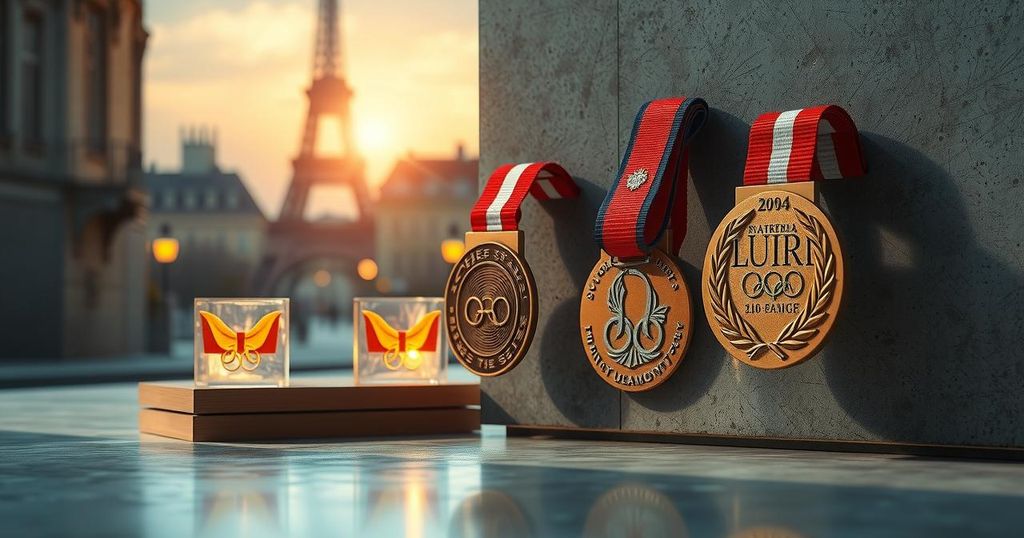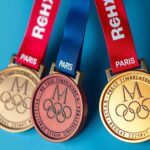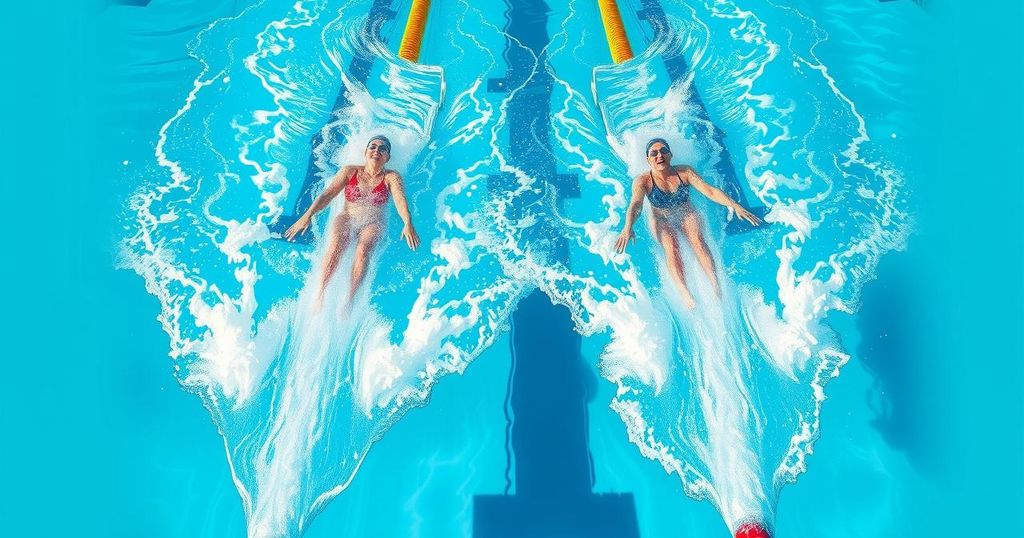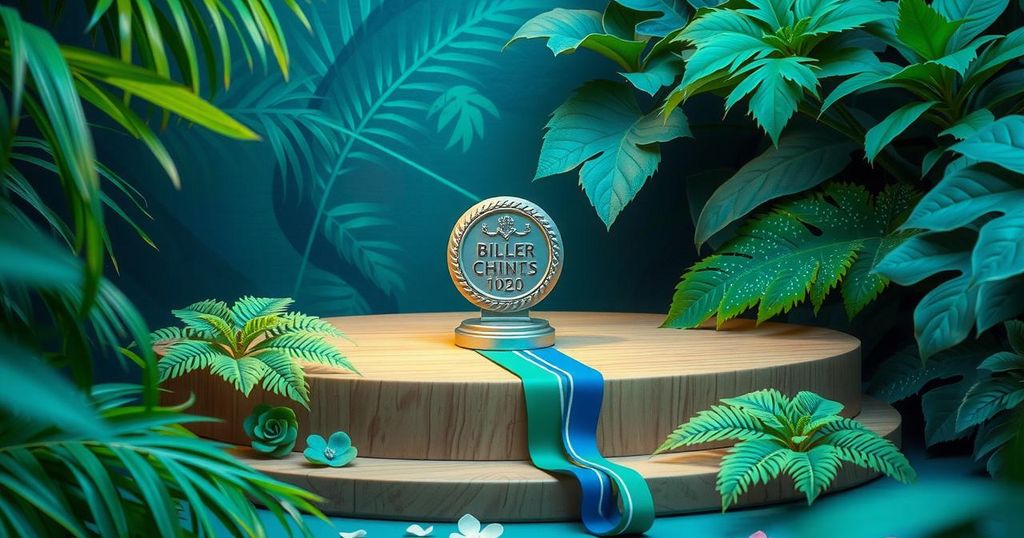Paris 2024 Olympics Medal Controversy: LVMH Denies Responsibility for Rust Issues
Over 100 athletes have returned medals from the Paris 2024 Olympics due to rust and damage, prompting controversy over production quality. LVMH denies responsibility for production faults, attributing the issues to La Monnaie de Paris. A replacement process for damaged medals is being organized by the IOC, addressing concerns about the integrity of Olympic accolades.
The designers of the medals for the Paris 2024 Olympics, LVMH, have publicly distanced themselves from the controversy surrounding the quality of the medals, after over 100 athletes returned their awards due to rust and damage. While LVMH, a luxury conglomerate with a wide range of prestigious brands, was responsible for the design through its subsidiary Chaumet, they assert that the actual production was handled by La Monnaie de Paris and the International Olympic Committee (IOC). Reports indicate that the fault lies in production, with allegations of inadequate materials and testing procedures.
Recently, notable athletes, including skateboarder Nyjah Huston, shared concerning images of their deteriorating medals, highlighting the rapid onset of rust. The situation escalated when other medalists, such as swimmers Clement Secchi and Yohann Ndoye-Brouard, also reported similar issues, further emphasizing the widespread problem. With the number of returns exceeding 100, it has been revealed that the management responsible for the medals’ production has been dismissed.
The medals, designed to include a piece of iron from the Eiffel Tower, have faced scrutiny due to their unexpected degradation. Bronze medals, traditionally composed of copper, zinc, and tin, are particularly susceptible to oxidation when exposed to moisture and air. As athletes express their frustrations, the IOC has pledged to work with La Monnaie de Paris to replace the damaged medals, ensuring they are re-engraved to match the originals,
In response to growing concerns, British diver Yasmin Harper noted discoloration in her medal shortly after winning, indicating that tarnishing occurs quickly. The IOC has assured that a replacement process will begin soon, demonstrating commitment to addressing these issues. Athletes and fans alike are keenly awaiting resolutions to restore the sanctity of Olympic honors in the upcoming games.
The ongoing rust controversy surrounding the medals for the Paris 2024 Olympics has raised significant concerns among athletes and stakeholders alike. LVMH, a leading luxury goods conglomerate, designed the medals but has denied any responsibility for the production flaws, attributing the issues to the manufacturing entity, Monnaie de Paris. This incident underscores the importance of quality in Olympic awards, reflecting on the expectations of athletes who dedicate years to their sports for such honors. The involvement of high-profile jewelry brands further elevates scrutiny regarding the craftsmanship and durability of the medals.
The controversy over the quality of the Paris 2024 Olympic medals has sparked widespread concern and discontent among athletes, leading to over 100 returns due to rust and damage. Although LVMH designed the medals, they maintain that responsibility for production errors lies elsewhere. The IOC is taking action to replace the flawed medals, aiming to restore trust in the integrity of Olympic awards. As the replacement process prepares to begin, the situation serves as a critical reminder about the standards expected in honoring athletic achievements.
Original Source: www.dailymail.co.uk








Post Comment